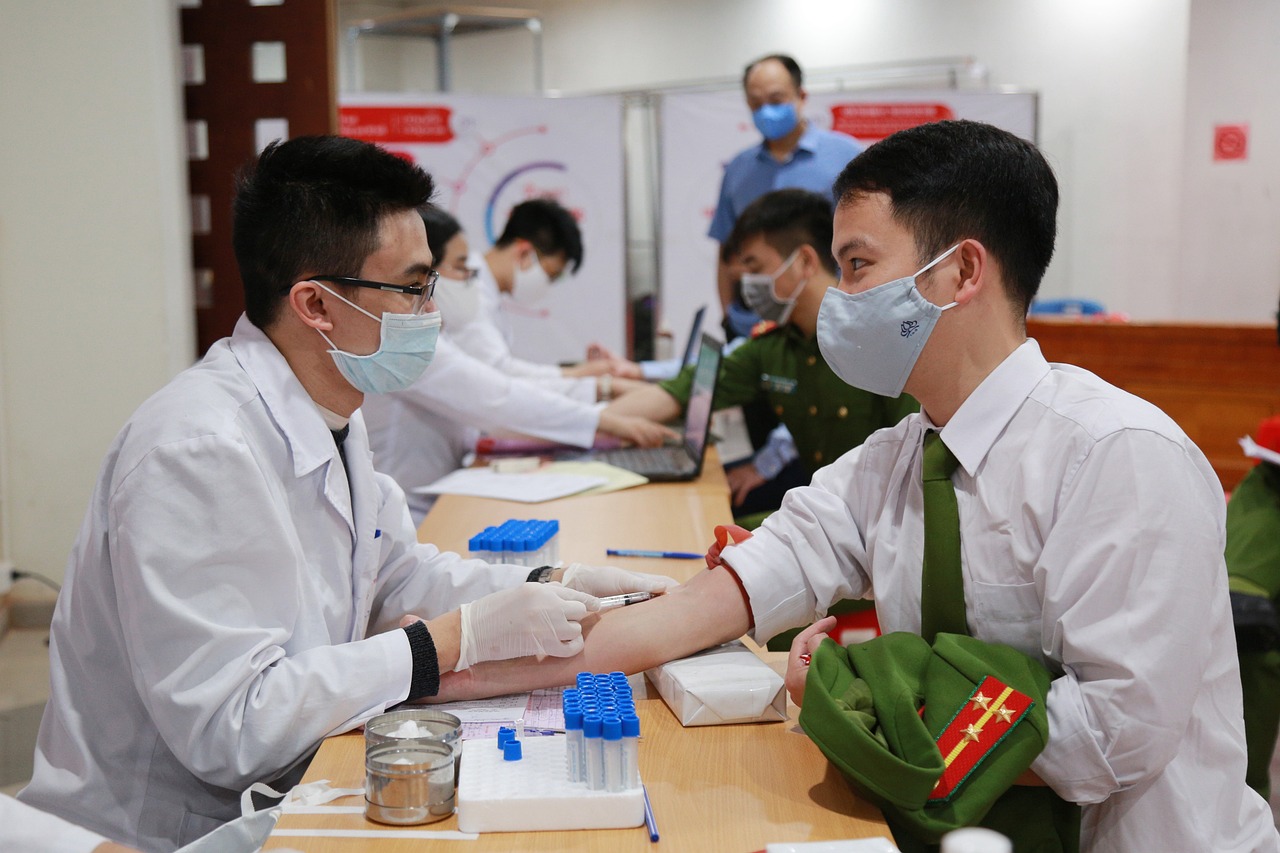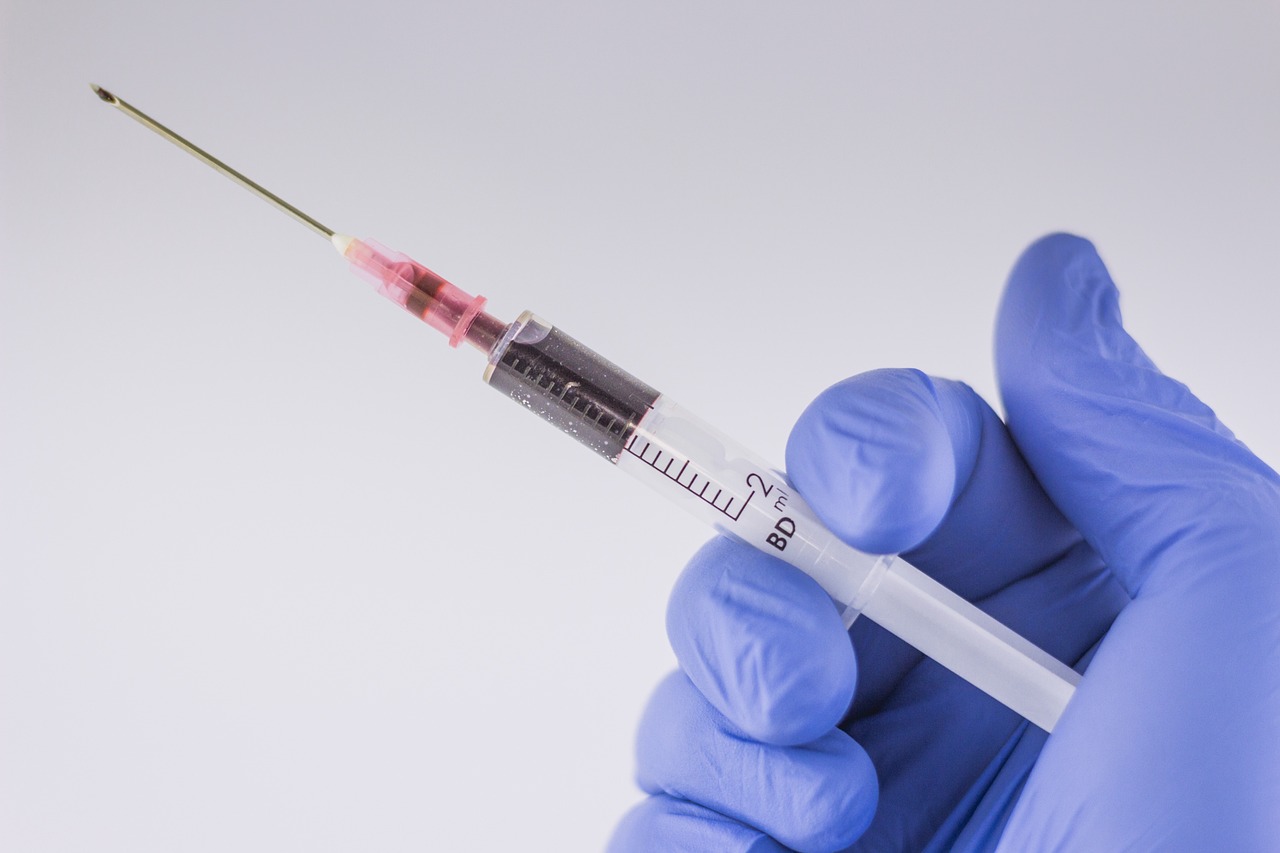Understanding the timing for pregnancy tests is crucial for accurate results. Factors like ovulation, implantation, and hormone levels affect when to test. Learn when to take a pregnancy test for the most reliable outcome.
When considering how long after sex to test for pregnancy, it’s essential to understand the menstrual cycle and its impact. Typically, it is recommended to wait at least one week after a missed period to take a pregnancy test. This waiting period allows for sufficient time for the hormone hCG to build up in the body, increasing the test’s accuracy.
However, some early pregnancy tests claim to provide results even before a missed period. These tests can detect lower levels of hCG in the urine, but their accuracy may vary. It’s crucial to follow the instructions carefully and consider the potential for false negatives when testing early.
Factors such as the length of your menstrual cycle can also influence when to test for pregnancy. For individuals with irregular cycles, determining the right time for testing can be challenging. In such cases, consulting a healthcare provider for guidance is advisable.
Additionally, the method of the pregnancy test can impact the timing of testing. While urine tests are more commonly used and convenient, blood tests conducted at a healthcare provider’s office can provide earlier and more accurate results.
Ultimately, the decision of when to test for pregnancy should be based on individual circumstances and needs. Consulting a healthcare provider for personalized advice can help ensure the most reliable and timely results.

Timing of Pregnancy Tests
Understanding the timing for pregnancy tests is crucial for accurate results. Factors like ovulation, implantation, and hormone levels affect when to test. Learn when to take a pregnancy test for the most reliable outcome.

Early Pregnancy Testing
When it comes to early pregnancy testing, the market offers a variety of options claiming to provide results even before a missed period. These tests can be tempting for those eager to know if they are pregnant as soon as possible. However, it’s essential to understand that the accuracy of these early tests can vary significantly. Some tests may be sensitive enough to detect pregnancy hormones early on, while others may not be as reliable.
One of the key factors to consider when opting for early pregnancy testing is the sensitivity of the test. Tests with higher sensitivity levels can detect lower amounts of the pregnancy hormone hCG, allowing for earlier detection. On the other hand, tests with lower sensitivity may require higher levels of hCG to provide a positive result, potentially leading to false negatives if tested too early.
It’s important to follow the instructions provided with the test kit carefully. Some tests may recommend testing at specific times of the day or after a certain number of days post-ovulation for optimal accuracy. Additionally, factors like the concentration of hCG in urine can vary throughout the day, so following the recommended testing guidelines can help ensure reliable results.
While early pregnancy tests can offer quick results, it’s crucial to remember that no test is 100% accurate. If you receive a negative result but suspect you may still be pregnant, consider waiting a few days and retesting. Consulting a healthcare provider for further guidance can also provide clarity and support during this anxious waiting period.

Factors Affecting Test Timing
Factors affecting the timing of pregnancy tests are crucial in determining the accuracy of the results. Understanding these factors can help you choose the right time to take a test and avoid potential misinterpretations.
One key factor is the length of your menstrual cycle. Women with shorter cycles may ovulate earlier, affecting the timing of implantation and when hCG levels rise sufficiently for detection. On the other hand, women with longer cycles may need to wait longer before testing for accurate results.
Ovulation timing is another significant factor. If you are tracking your ovulation cycle, you can better predict when to expect a potential pregnancy. Testing too early before implantation can result in a false negative, while testing too late may miss the window for accurate detection.
Implantation plays a crucial role in the accuracy of pregnancy tests. After fertilization, the embryo must implant into the uterus, triggering the release of hCG hormone. Testing too soon after implantation may not yield accurate results, as hCG levels need time to rise to detectable levels.
Other factors, such as stress levels, medications, and underlying health conditions, can also impact the timing of pregnancy tests. It’s essential to consider these variables when deciding when to test for pregnancy to ensure the most reliable outcome.

Types of Pregnancy Tests
When it comes to , there are a few options available, each with its own pros and cons. Understanding the differences between these tests can help you make an informed decision on which one to choose for your situation.
Here are the main types of pregnancy tests:
- Urine Tests: These are the most common type of pregnancy tests that can be easily done at home. They detect the presence of the hormone hCG in your urine, indicating pregnancy. While convenient and affordable, urine tests vary in sensitivity, so it’s essential to follow the instructions carefully for accurate results.
- Blood Tests: Blood tests, performed at a healthcare provider’s office, can detect pregnancy earlier than urine tests. There are two types of blood tests: qualitative, which measures the presence of hCG, and quantitative, which measures the exact amount of hCG in the blood. Blood tests are more accurate but can be more expensive and require a visit to a healthcare facility.
- Home Pregnancy Tests: These tests are similar to urine tests but may come with additional features like digital displays or early result options. While convenient, home pregnancy tests may have varying levels of sensitivity and accuracy, so it’s essential to choose a reliable brand for the most reliable results.
Choosing the right type of pregnancy test depends on your preferences, convenience, and the accuracy you seek. If you have any doubts or concerns about the results, it’s always best to consult a healthcare provider for further guidance and clarification.

Consulting a Healthcare Provider
When it comes to regarding pregnancy tests, it is essential to seek professional guidance for accurate results and proper interpretation. Healthcare providers, such as obstetricians, gynecologists, or general practitioners, have the expertise to address your concerns and provide valuable insights into the timing and reliability of pregnancy tests.
During a consultation with a healthcare provider, you can discuss your menstrual cycle, ovulation patterns, and any symptoms you may be experiencing. By sharing this information, the healthcare provider can offer personalized advice on when to take a pregnancy test to maximize its accuracy.
If you are unsure about the results of a home pregnancy test or if you have specific medical conditions that may impact the test outcome, consulting a healthcare provider is highly recommended. They can perform a clinical pregnancy test, which is more sensitive and can detect pregnancy at an earlier stage than most home tests.
Additionally, healthcare providers can provide support and guidance throughout your pregnancy journey, offering prenatal care, advice on nutrition and lifestyle, and addressing any concerns you may have about the pregnancy test results. Their expertise and professional care can ensure a smooth and healthy pregnancy experience.
Remember, when it comes to matters as crucial as pregnancy testing, consulting a healthcare provider is always a wise decision. Their knowledge and experience can provide you with the reassurance and guidance needed during this significant time in your life.